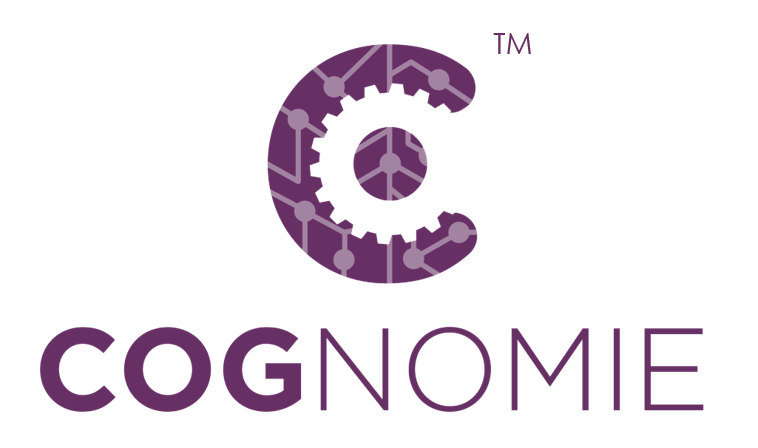
How to bring community into your crowdfund
When my co-founders and I decided to seek our next round of investment, we wanted to make sure the funding process brought our community closer to our business, or even, into our business.
We’re a purpose-led business. Our mission is to provide Mental Fitness for everyone. We do this through our HRtech platform and high-quality coaching, delivered at scale, by a team of 100+ coaches. supporting employee wellness for organisations like LVMH and the NHS. Just two years into our business, we found ourselves becoming a growing part of the conversation around preventing a predicted mental health pandemic. A major fall-out of Covid-19, one in four (26%) adults and over one in six (18%) young people experienced mental distress for the first time during the pandemic, and experts predict this to snowball in the next 24 months
And because we’re effectively starting a movement – one that normalises, promotes and prioritises Mental Fitness – we knew we needed a collective groundswell to be part of this.
Crowdfunding isn’t the easiest way to fundraise:it requires strategy, resilience and a huge amount of vulnerability, as you’re truly putting your business out there. But for impact and sustainability-focused businesses, it can help underpin a huge part of your mission in the process. Here’s how:
Community as front and centre for fast-growth brands
The purpose-driven brand has gone next level in the last two years, spilling out of marketing decks and into behaviour and leadership. From climate change to Black Lives Matter – the rise of the socially conscious consumer has meant that organisations had to wake up to authentic purpose and commit to contributing – both from a product and/ or service perspective, through to employee impact and of course, sustainability.
Look at how Airbnb revealed new standards of corporate compassion during the pandemic. As travel impoded and massive lay-offs followed, the business made sure employees had generous pay-outs, healthcare and re-employment support. It then went on to welcome Afghan refugees into its properties during the crisis earlier this year. Its founder Brian Chesky set the tone for other businesses to follow.
Brands are realigning with purpose and meaningful change to meet these higher expectations. And they understand their communities – customer, employee, investors – are all an integral part of this.
Community engagement activates your values
The pandemic has given people time to think about their own personal values. The brands they connect with, and the brands they want to support. By opening up your business to your customers and stakeholders, you essentially invite your community to become part of something bigger.
So, if for example, you say one of your values is collaboration, how are you truly embodying it in your behaviour? How are you partnering in your business? Where are you inviting your community to be part of your brand? Where are you coming together with other stakeholders? It can’t just be words pasted at the bottom of your email signature.
A crowdfund can be a genuine vehicle to bring your values to life – it’s no surprise that so many purpose-led brands go down this route for funding.
And where we are in this moment – a rapid return to remote working, in-person connections being cancelled, more uncertainty – we all need that sense of belonging more than ever. A crowdfund gives your community the chance to be part of that.
Driving employee engagement through crowdfunding
In the year of The Great Resignation, so much employee disconnect has been driven by a widening gap between organisational values and those of the employee. Research study after research study shows that the most fulfilled individuals at work, are those who fundamentally share their employer’s values. The pandemic has given people time to think about their own personal values and goals, shifting how they connect or align with those of their employer.
Employees care about the purpose behnd your company as much – or even more – than your customers do. And a crowdfund – which is by it’s nature inclusive and democratic – brings your teams into your business in a more meaningful way. It literally makes them invested in the business – beyond a contract. At Cognomie, our coaching community was a huge reason to launch our crowdfund. We could extend the opportunity to this essential part of our business.
Engaging your community through storytelling
The most effective way to communicate your purpose is through storytelling. Stories are how people connect, engage and belong.
And a crowdfund is a powerful and very real story mechanism – with a beginning, a middle and end, a host of characters and plot twists, and, ideally, an inspirational ending. For us, it helped boost our communications, and vitally, the conversations we were able to have with our investors. We believe in high-quality human conversations – they’re part of our ethos - and the crowdfund became part of these.
Bringing your community into your crowdfund is a way to turbo-charge your business’ impact, and connect customers, employees and investors to your mission. As a strategy, it’s challenging, exciting and intense. But it’s also a collective call to action, that strips everything back to your why. As a founder, it reconnects you to your own sense of purpose, and that sense that you too, are part of an incredible community.


